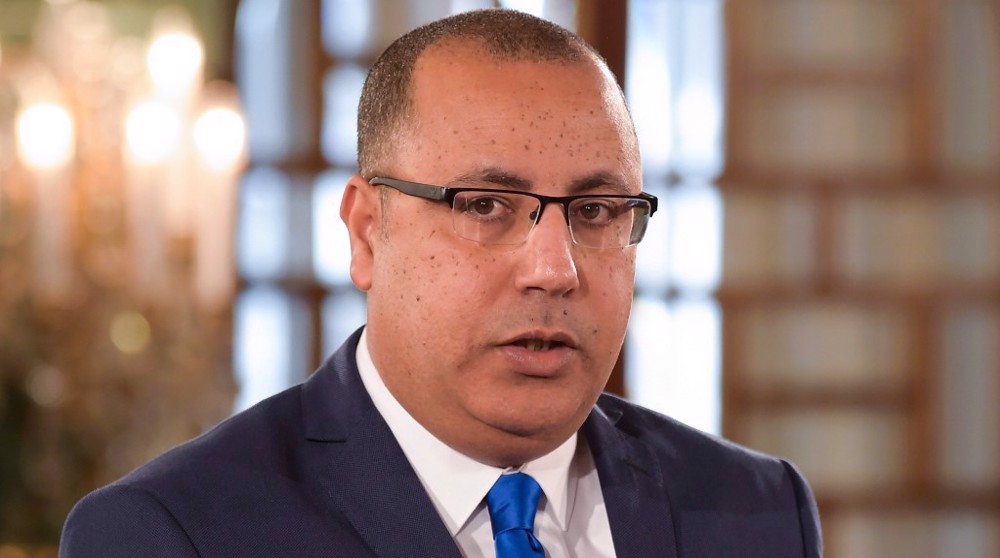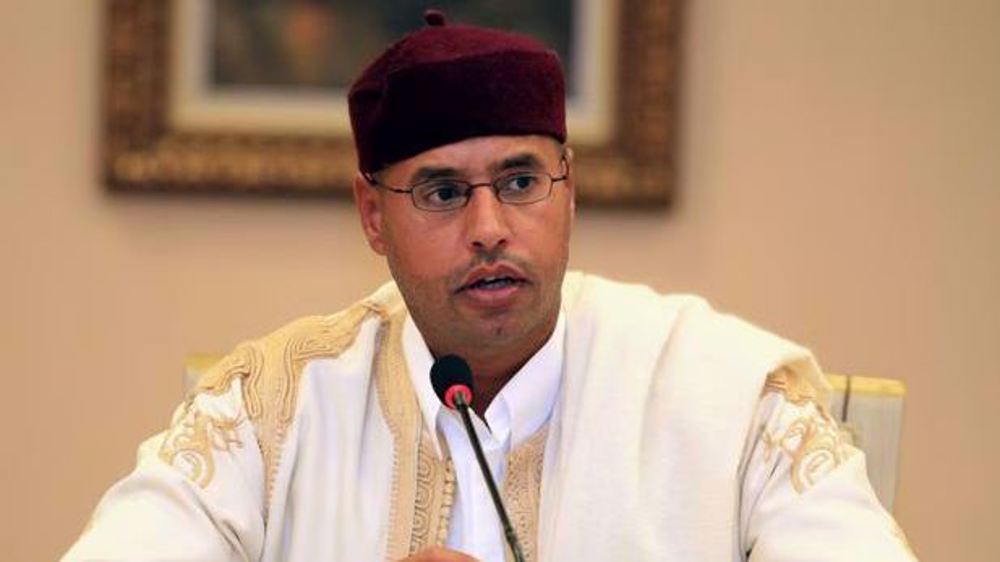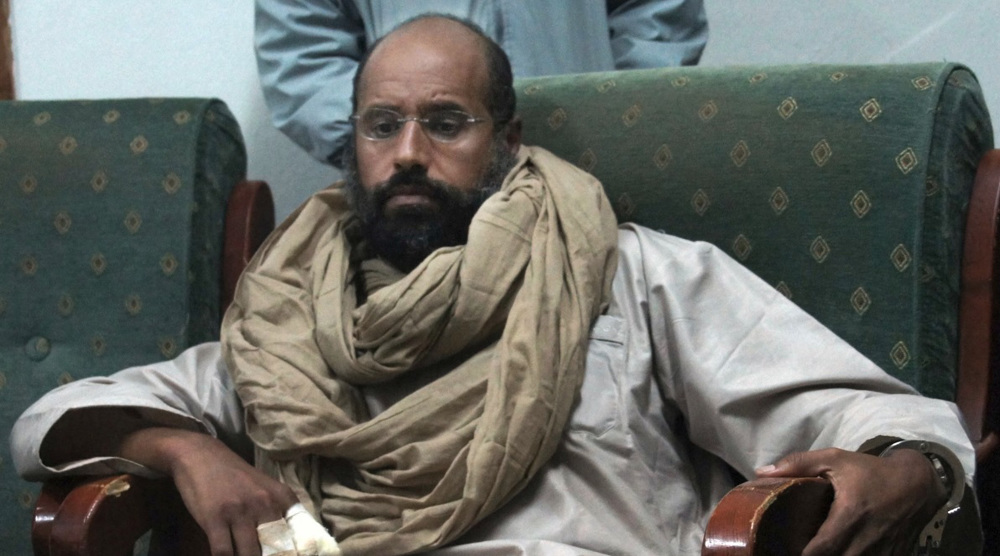Tunisia appoints new prime minister
Tunisia’s president has appointed Interior Minister Hichem Mechichi as the new prime minister of the country to form a new government and end months of political deadlock.
President Kais Saied on Saturday designated Mechichi to succeed Elyes Fakhfakh, who resigned over allegations of a conflict of interest.
The new prime minister has one month to form a government capable of winning a confidence vote in parliament by a simple majority. If he fails, the president will dissolve parliament and call for another election.
Mechichi, 46, an independent, was not nominated for the position by any party. He served as the president’s adviser and also a member of the National Commission of Investigation on Corruption founded in 2011.
Analysts say he has no economic background at a time when international lenders are asking Tunisia to make painful reforms.
Prime Minister Fakhfakh resigned this month after a hundred lawmakers pushed for a no-confidence vote over suspicions of corruption.
Last month, an independent member of the Tunisian parliament published documents indicating that Fakhfakh owned shares in companies that had won deals worth 44 million dinars (15 million dollars) from the state.
Fakhfakh himself had been sworn in in February following four months of post-election deadlock.
Tunisia is also facing an economic crisis, which has left many Tunisians frustrated with a decline in living standards and a decay in public services amid the coronavirus pandemic. Investment Minister Slim Azzabi said earlier this month that the Tunisian economy was expected to shrink by 6.5 percent this year due to the pandemic.
The coronavirus pandemic has badly hit the country’s tourism sector, which contributes nearly 10 percent of gross domestic product (GDP) and is a key source of foreign currency.
Tunisia has been beset by violence since the 2011 uprising that ousted the country’s dictator, Zine El Abidine Ben Ali, and that inspired revolutions and uprisings in a host of Arab dictatorships across the Middle East and North Africa.
But Tunisia was the only among those Arab countries that enjoyed a smooth, peaceful transition to democracy.
Democrats press Trump to explain rationale behind new Iran strike amid warnings about dire risks
VIDEO | Press TV's news headlines
VIDEO | Ex-UK envoy to US arrested by British police
Department of Justice withholds, removes Epstein files that reference Trump: Probe
FM says historic opportunity at hand for unprecedented deal; vows Iran will defend sovereignty
Aid groups challenge Israeli ban that could starve Gaza, West Bank
Hamas denounces Israel’s threats to destroy resistance, slams ceasefire violations
Lebanese army orders troops to return fire after Israeli attack near border post











 This makes it easy to access the Press TV website
This makes it easy to access the Press TV website